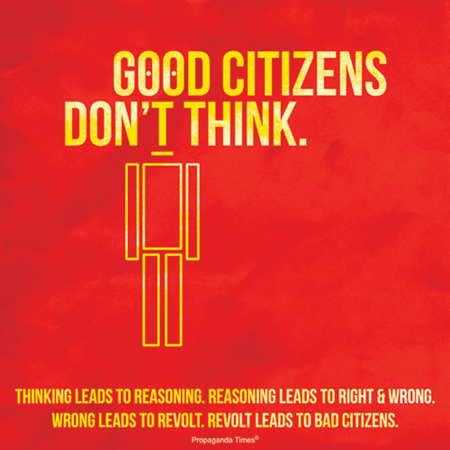A few ideas around citizen involvement and government/media oversight
 Sunday, March 22, 2015 at 4:03PM
Sunday, March 22, 2015 at 4:03PM  While going through old files, I dug up a few single-paragraph proposals from 2004 I wrote for a research lab I worked for at the time. They did not go forward, but I thought I'd share them with you. When I discovered them, I was surprised because I'd forgotten my interest in these areas has been around since then. Another surprise is that the algorithms and technical approaches to possibly implement some of these ideas are just now emerging from computer science research labs - [1] and [2], for example.
While going through old files, I dug up a few single-paragraph proposals from 2004 I wrote for a research lab I worked for at the time. They did not go forward, but I thought I'd share them with you. When I discovered them, I was surprised because I'd forgotten my interest in these areas has been around since then. Another surprise is that the algorithms and technical approaches to possibly implement some of these ideas are just now emerging from computer science research labs - [1] and [2], for example.
Right now I'm exploring ways to restart this interest, and I hope that posting these archived ideas here might jiggle something loose. Cheers!
References:
- [1] Google wants to rank websites based on facts not links
- [2] Navigating Controversy as a Complex Search Task
1. Increased Corporate Influence of the Federal Government
Specifically, using technology to enable citizens to monitor for abuses and actions that limit its effectiveness. The first example that comes to mind is the commercialization of legislation: Wealthy corporations and individuals who influence laws to their benefit [1]. The result is laws that ignore the greater good (which is usually in the longer term) in favor of shorter term creation of profits. What can our group do? Let's apply our ideas to the job of examining this cycle of influence. It seems that the data are available and amenable to relational analysis. Is the problem challenging? I'm not sure; it depends on how clear the patterns are.
References:
2. Increased Bias in Consolidated Media Companies
As citizens I believe we are facing challenges to fundamental aspects of our society as a result the the recent creation of large media conglomerates that control a high percentage of mainstream media [1]. The problem here is that corporations are biasing the news in directions that favor profits over journalism. What can we do? One idea is to create a system that can indicate the bias of news stories. I imagine something like Google News that lists major news stories along with a bias indicator. The hope is that people reading their favorite writer on a topic will be able to get a summary of the story's bias. A final idea would be to look for stories that are *not* covered by mainstream media, i.e., an automated version of [2].
References:
- [1] Bill Moyers' Buzzflash interview on Media reform
- [2] Project Censored - The News that Didn't Make the News and Why
3. Reduced Rigor in Major Media News Reports
Another problem related to 2) above is to address the current propensity of some writers to report facts as taken from second sources without investigating the original sources [1]. To solve this we might analyze stories written about a single news event in order to determine what sources they derived their information from. For example, do they all link to a single source, or are sources more diversified? Also consider the recent avalanche of stories (many misinformed) about DARPA's Total (now 'Terrorism') Information Awareness program. Could a software system using our research have been able to determine that a small number of influential stories was propagating around the net with little additional analysis performed by those referring to them? Finally, another idea is to create automated versions of some of the 'fact check' web sites currently available ([2], [3]).
References:
- [1] Mainstream Media Fails Itself
- [2] Center for American Progress: Claims vs. Facts Database
- [3] Annenberg Political Fact Check

Reader Comments